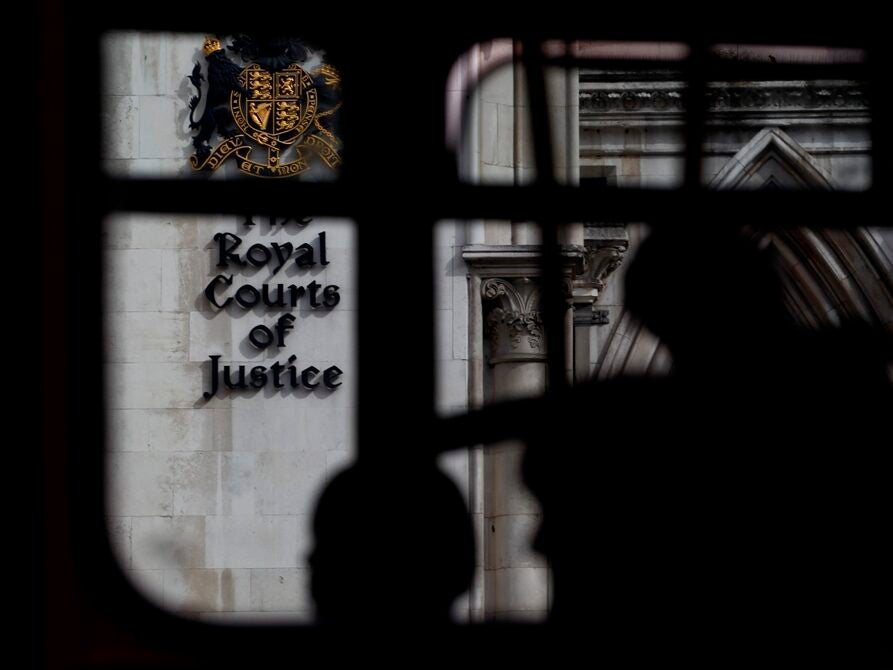
One of the lawyers who worked for injunction celebrity ‘PJS’ has said that the next time he takes a similar case he will seek a super-injunction.
Carter Ruck managing partner Nigel Tait said he would take the action because of the way newspapers covered the PJS case, widely reporting the anonymised injunction. This made it straight-forward for readers to seek out details of the case online looking at publications outside England and Wales which were not covered by the ruling.
A super-injunction is covered by court orders banning journalists from reporting the fact that it exists, even in an anonymised way.
In May the Supreme Court ruled that the injunction stood because there was no public interest in the story of the married celebrity’s sexual past.
Tait told the IBC media law conference in London: “This will have cost The Sun, say, a million quid. Will they go for the client again? Who knows?
“If I’m instructed by a celebrity next time I think I will apply for a super injunction. I will say to the judge, if you don’t give us a super injunction it’s going to be all over the internet tomorrow.
“If the press are going to blow injunctions wide open it’s the only way to retaliate.”
He added: “You can’t just roll over and let a newspaper phone you up on a Thursday night with a view to devastating your life on a Sunday.”
Tait also said that he thought he could use an injunction to prevent publication of details of an arrest.
He said: “I don’t think I would have much of a problem getting an injunction to restrain a reporter from reporting an arrest.”
But BBC lawyer Nicola Cain said: “I don’t think there is privacy in the fact of an arrest.”
She said: “People don’t just disappear off the streets in this country. If people are being arrested and detained and locked up in police cells it’s important for the media to be able to report on that.
“People do understand that people are innocent until proven guilty.”
Media lawyer Caroline Kean, from Wiggin, said: “I have successfully defended privacy claimants where people have been arrested and argued that the fact of an arrest is private information and had people pay my claimants’ costs.”
Email pged@pressgazette.co.uk to point out mistakes, provide story tips or send in a letter for publication on our "Letters Page" blog
